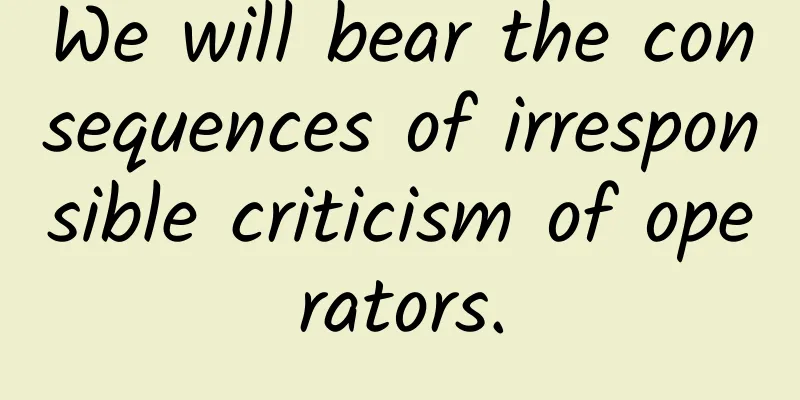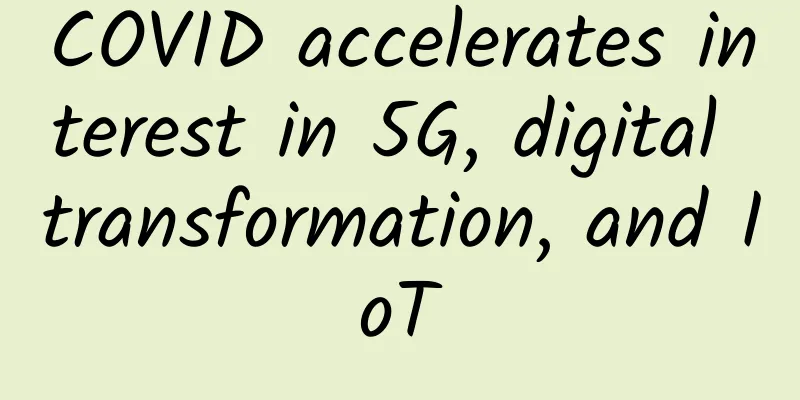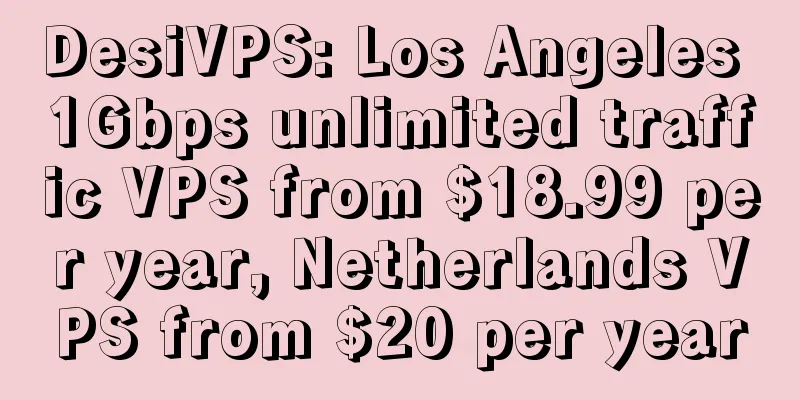Blockchain can change the world, but the only way to ensure its success is security
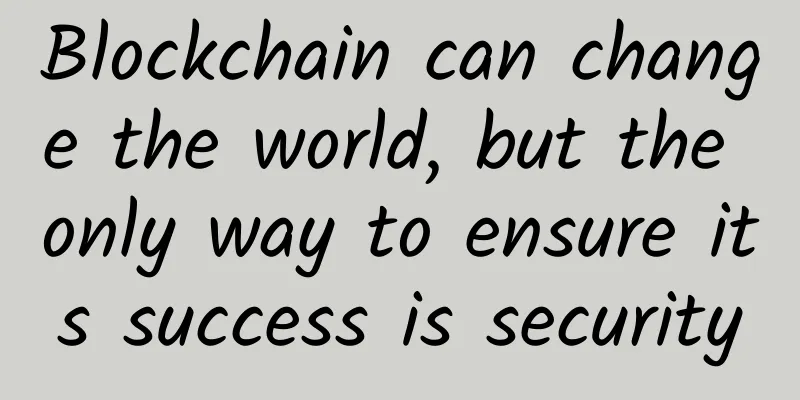
|
We are on the cusp of the blockchain era. Blockchain technology has the potential to revolutionize our daily lives and the way we do business. Today’s users hold two different views of our technological future. On the one hand, people are familiar with cybersecurity and are particularly vigilant in light of recent attacks like WannaCry and Petya. At the same time, people trust many services almost without hesitation - just a few years ago, it was almost unthinkable to order a ride online; but now many people can get into a stranger’s car with just a tap of an app. However, this willingness to trust a network of others is exactly why blockchain is becoming widely accepted as a method of daily transactions. Blockchain is a broad consensus that uses networks and smart code to establish trust without a third party. It cuts out middlemen to create near-instant transactions. As blockchain enters the mainstream, security requirements become more pressing. Financial services, manufacturing, and entertainment industries are particularly at the forefront of the change.
In many ways, the financial services industry is pretty old. When you pay with a credit card, bits of information flow through multiple computers, some of which are even ancient mainframes, and settlement is made days later. Why can't transactions be done in real time? We can talk to each other halfway around the world for free, but we can't transfer money in the same way? The need to simplify financial transactions has given rise to solutions such as PayPal, Venmo, Square and Apple Pay. Further disruption is expected as companies look to reduce transaction fees and look to remove such payment processors and censors. While third-party oversight can give the illusion of an added layer of security, in many ways it is actually an added layer of vulnerability because it introduces a middleman who could fall victim to some kind of attack. Peer-to-peer transactions remove that middleman, reducing the risk of information being passed from one intermediary to another. Retail and manufacturing are also ready for change. Manufactured goods are notoriously unsafe because they are easily counterfeited. High-margin/luxury goods are often targeted for counterfeiting due to their high price tags and profit margins. Due to its decentralized nature, blockchain's objective verification can be achieved right down to the transistor level. Blockchain ensures the integrity of the supply chain, and each transistor or component can be easily monitored or restored whenever necessary. Imagine that retailers can accurately mark the location and manufacturing stage at any time and anywhere, and consumers can verify the authenticity of every purchase through a public ledger. The entertainment industry is also a prime example of where blockchain can make a huge difference. Content distribution and purchases, such as buying songs or movies, trigger a complex chain of transactions that results in creators receiving far less money than the actual profits of their work. Blockchain can enable artists to become direct sellers, reaping financial benefits by connecting directly with fans. Entertainment companies can also use blockchain to improve copyright tracking and make it difficult to distribute pirated copies. Piracy greatly reduces the value of goods, and implementing a public ledger system can track the source of all content to ensure that its value is not affected. Financial services, manufacturing, and entertainment are just three of many examples. Almost every industry can use blockchain to improve efficiency. But what ultimately makes blockchain successful is security. For the technology to be widely used in common transactions, customer security assurance is essential. Security technologies can no longer be an afterthought, they must not only be integrated into everything we do, but also influence everything we do. No matter how cutting-edge blockchain technology is, without a security foundation, these innovations will never last long. We are teetering on the edge of change, and security is the only way to ensure success. |
<<: ICO is suspended and blockchain needs to develop
>>: The changing world of ICO: What are the prospects for blockchain and virtual currency?
Recommend
China Construction Information: Friends of Huawei, with friends Huawei
If there is one common demand among governments a...
The latest progress of LTE-5G deployment in Asia Pacific in July: 24 commercial 5G networks have been launched
Recently, GSA announced the latest progress of LT...
Innovative ICT to build a smart airport
In the era of globalization, airports have become...
To promote the construction of "One-stop service", Foxit Kunpeng helps Shanghai Housing and Urban-Rural Development Commission launch OFD version of electronic certificates
Recently, the Shanghai Municipal Housing and Urba...
Performance: Network Communication Optimization and Communication Protocol
introduction Hi, everyone! I am Xiaomi, welcome t...
Review of 5G industry-specific networks in 2020: The beginning of a new era
4G changes life, 5G changes society. As the leade...
Google withdraws from 2021 MWC World Mobile Communications Conference
The annual MWC World Mobile Communications Confer...
Kunpeng Spreads Its Wings, Zhejiang Has Promises Kunpeng Application Innovation Competition 2020 (Zhejiang Division) Briefing Session Successfully Held
On the afternoon of July 31, 2020, the Kunpeng Ap...
After three whole years, what changes has 5G brought us?
On June 6, 2019, my country officially issued 5G ...
Ten rounds of fierce competition between NB-IoT and eMTC
This article systematically sorts out and analyze...
Why the popular dual-band wireless router advantages tell you
Open the e-commerce website, dual-band wireless r...
VMISS newly launched Hong Kong international line VPS with 30% discount and annual payment starting from 10 US dollars, and you can choose US CN2 GIA/AS9929/CMIN2, etc.
A few days ago, we shared the information about D...
What is 6G network? Do you know?
6G networks are defined as cellular networks that...
Unlimited traffic ≠ unlimited traffic usage. Have you ever encountered this kind of "trap"?
"Use data nationwide as you wish", &quo...
Nanchang Wanda City Marketing Secret: Ruijie's "Five-Star" Wi-Fi Makes Every Guest a VIP
Free Wi-Fi is an indispensable service during tra...
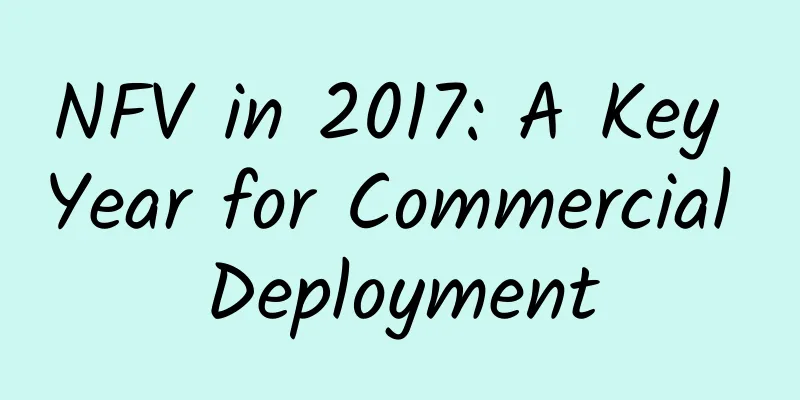
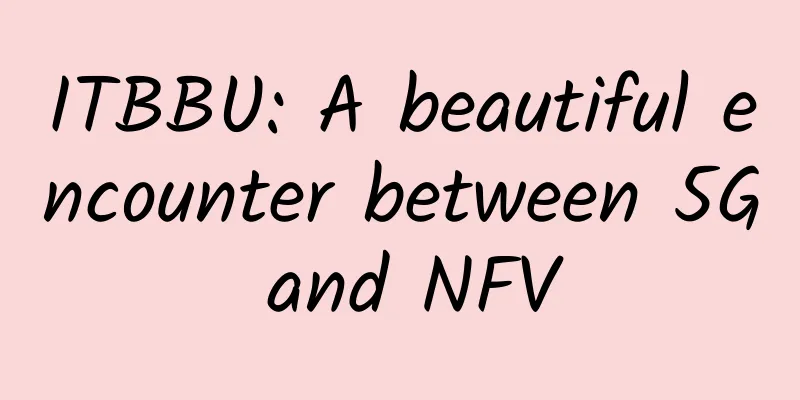
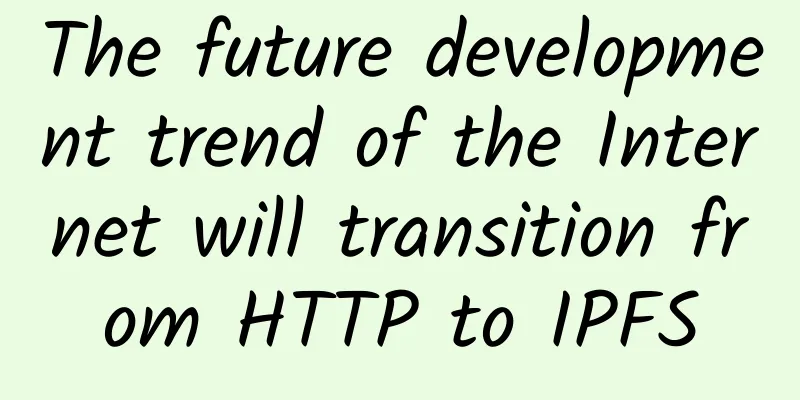
![[Black Friday] RAKsmart cloud servers are 30% off, cluster servers are half price for the first month, flash sales servers start at $30/month](/upload/images/67cac22501dd5.webp)
